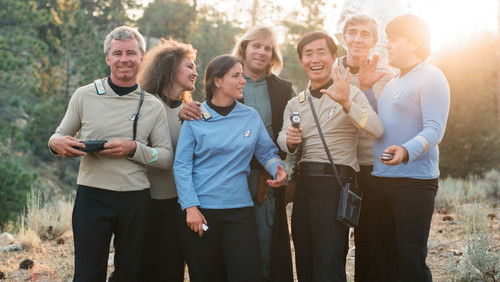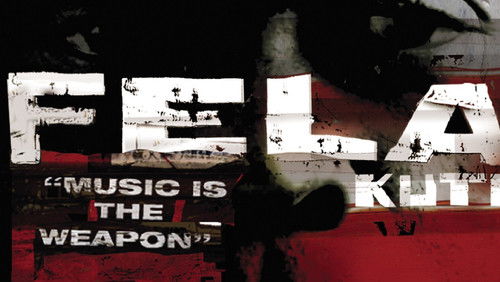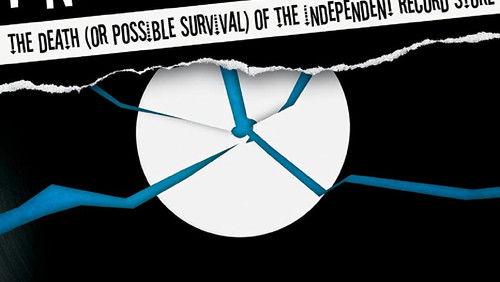Letter from Siberia (1958)
23KLetter from Siberia (1958). 1h 2m
“I have been curious to see Letter from Siberia for several years, ever since I read that it was one of Werner Herzogu0026#39;s favorite films. Unfortunately, Chris Markeru0026#39;s work has often been hard to find on home video. Thanks to Soda releasing, Letter from Siberia is now available as part of a Region 2 DVD box set of Marker movies. While I am still working my way through the set, Letter from Siberia justifies the whole purchase.u003cbr/u003eu003cbr/u003eIn some ways, Letter from Siberia is like a travelogue that runs on PBS where an experienced traveler (Marker edited travel books) ventures to an exotic land and shows us armchair bound the sights. Letter from Siberia differs from these shows in two very important ways.u003cbr/u003eu003cbr/u003eFirst, the choice of destination is Siberia, which admittedly is exotic but not a place that would be called a tourist spot. For most viewers in 1957, Siberia was a barren wasteland where prisoners in Russian literature (and in life) were sent. Who lives there? This documentary shows the viewer some of the 8,000 free people who lived in Siberia in 1957. We are immersed in their cities, in their work, and in their customs. We even get to see a pet bear being walked through a town on a leash.u003cbr/u003eu003cbr/u003eSecond, none of those PBS travelers, as entertaining as they may be, are Chris Marker. He is a natural born filmmaker and storyteller. His images, captured on 16mm film, are vivid and texturally rich. The viewer feels like he can reach into the screen and feel the bark of the birch trees. In addition, Marker is not just a journalist; he is a poet. Marker draws on what the viewer thinks he or she knows about Siberia. Marker calls it u0026quot;the land of childhoodu0026quot; because of its setting in youthful adventure stories, a place of Tartar raids and intrigues on the Trans-Siberian railroad. He then both refutes and adds to the mystique of Siberia, drawing history, culture, and geography into the unique portrait he is painting. u003cbr/u003eu003cbr/u003ePoetic is not meant as a synonym for dull. Markeru0026#39;s wry comments keep the film from ever getting too heavy. For instance, Marker interrupts his documentary with a satirical advertisement u0026quot;sellingu0026quot; the many uses for reindeer. In addition, there is an animated short film about mammoths. All of Markeru0026#39;s observations, visual and aural, make for a viewing experience that is both entertaining and illuminating.u003cbr/u003eu003cbr/u003eSome might complain about Markeru0026#39;s choice to ignore Siberiau0026#39;s history as an internment site for prisoners. My response would be that there are several interpretations of Siberia which address this. Aleksandr Solzhenitsynu0026#39;s One Day in the Life of Ivan Denosovich, published just five years after Letter from Siberia, is an excellent document of that aspect of Siberia. I think Marker means for his documentary to counter such views. Marker loves Siberia, its people and its terrain. After seeing the film, the viewer should have a change of heart about Siberia.”









